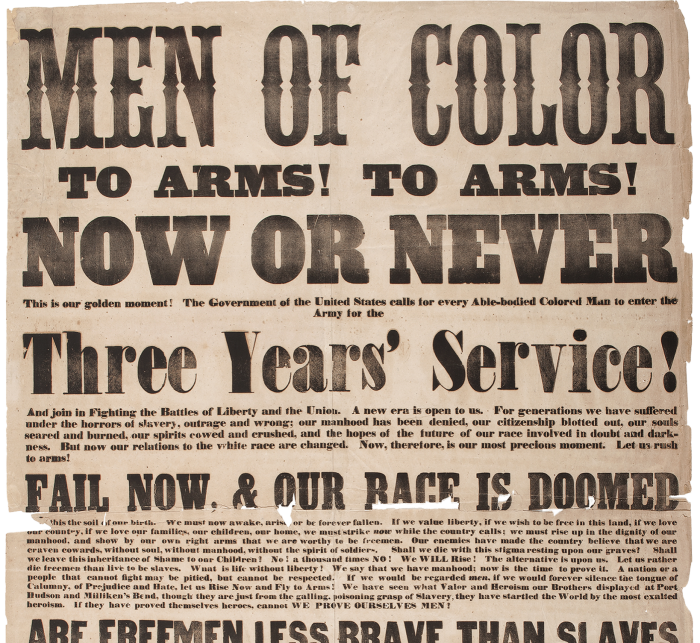This column by Daniel G. Clark about Alexander Clark (1826-1891) first appeared in the Muscatine Journal.
People my age look back and exclaim how fast time flies. We reflect on what we learned as children and how that shaped who we became.
This column is published on my 72nd birthday. Were I born only 72 years earlier—in 1878—and growing up in Muscatine, I could have witnessed firsthand the oratory of our famous “colored” neighbor Alexander Clark. As an 11-year old, I could have attended the sendoff celebration when he departed for Liberia as the new U.S. consul, one of the highest honors accorded any Black person in 19th century America.
I like to believe I’d have felt proud of our town—Clark’s chosen home since 1842—and proud of our state where his achievements had been important and lauded.
At age 9, I attended an address by Martin Luther King, a memory that has surely shaped me. When I was 11 during the Civil War centennial, I soaked in all I could learn and felt proud the people of our state had given so freely to save the Union and defeat the evil of slavery. And proud my own ancestors fought for the right side.
I was nearly 60 when I started learning about Iowa’s “colored” soldiers and their unlikely allies who won our state a reputation for progressive fairness under the law.
“As the 1860s began,” wrote historian David Brodnax, “African Americans had few more rights than what the first territorial legislature had recognized back in 1838. It would take a civil war, along with the efforts of community leaders, sympathetic white politicians, and one thousand armed black men, to finally bring about real change.”
That’s the story I am learning and telling.
It was Alexander Clark who lobbied Iowa’s “war governor” Samuel Kirkwood to let Black men volunteer for military service. Then, when federal policy allowed formation of the First Regiment of Iowa African Infantry (later 60th U.S. Colored Troops), he was the main recruiter. At war’s end, it was Clark who was elected by the veterans to lead a campaign for full citizenship.
Historian Robert Dykstra:
In 1862 [Clark] wrote Governor Kirkwood, offering to raise one or more black military companies for service with Iowa’s regiments in the field, only to be admonished (by Kirkwood’s secretary) that white troops would not tolerate a racially integrated army. Yet the southern-born governor, hamstrung both by prejudice at home and by the timidity of a federal government hesitant to arm blacks, strongly agreed with Clark’s intent. “When this war is over & we have summed up the entire loss of life it has imposed on the country,” he complained to the War Department, “I shall not have any regrets if it is found that a part of the dead are [N-word] and that all are not white men.”
In 1863 Kirkwood wrote: “I really cannot understand or appreciate the policy that insists that all the lives lost and all the constitutions broken down to preserve the country shall be those of white men when black men are to be found willing to do the work and take the risks.”
Years later, addressing veterans of Crocker’s Iowa Brigade which included many Muscatine County men, the former governor declared: “It was a conflict of political ideas that reached to the very foundations of our system of government, and we must never forget that in that conflict we were right and those with whom we fought were wrong. All of us soldiers and citizens should see to it that the children growing up amongst us shall learn that lesson, shall learn to teach it to their children, and they to their children….”
During the Civil War sesquicentennial, I used that Kirkwood quotation in school presentations on Iowa’s part in the war. I introduced Alexander Clark and urged students to learn about Iowa’s Black soldiers.
Seven hundred members of the regiment assembled on October 31, 1865, at Camp McClellan in Davenport, where the 60th U.S.C.T. was mustering out. At the convention, a committee of 10, one sergeant from each company, adopted resolutions and an appeal to Iowans for “extension of the right of suffrage, so far as the legislature can act….” The assembly authorized Clark to take their “petition to the capital and “secure its presentation to the Legislature at its next session.”
From Clark’s address that day:
Now, my friends, we have a work to perform, and here to-day. A duty we owe to ourselves and to our race, in asking for those political rights of which we are now deprived. […]
Gov. Stone, our re-elected Governor, and ex-Gov. Kirkwood nobly took the stump in defense of our rights. On the principles they defended the State has been carried by a majority of 16,000! Therefore we can now ask the Legislature to do its duty and prepare the way for our approach to the ballot box.
Next time: One thousand armed black men
Top image: From a U.S.C.T. recruiting poster. Link: https://en.wikipedia.org/wiki/United_States_Colored_Troops

